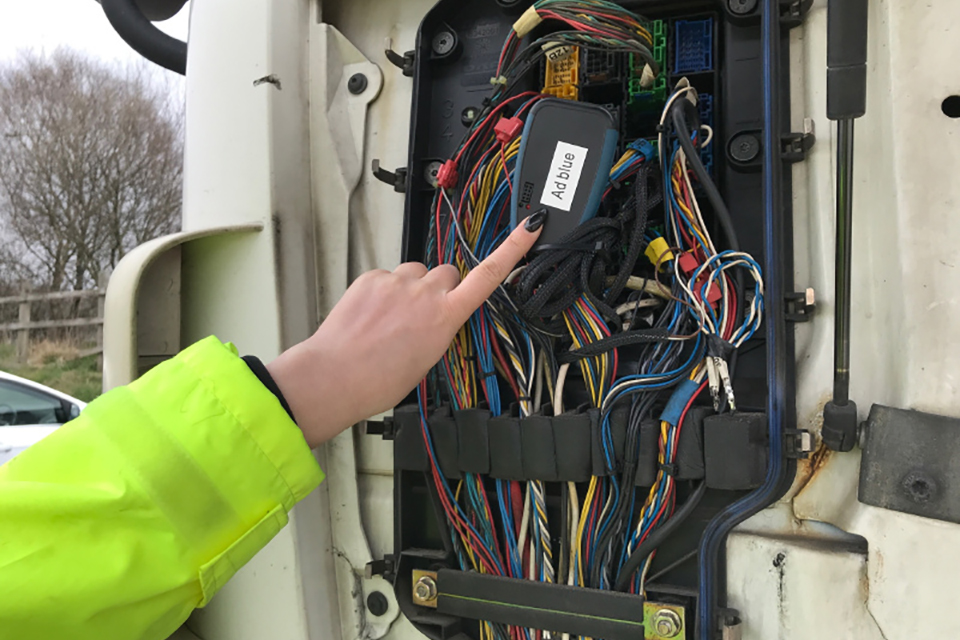T Levels have continued to gather pace today as the Department for Education (DfE) launched a competition inviting bids to win the right to develop, deliver and award the first three T Levels from September 2020.
Organisations are being given the chance to develop these new, gold standard qualifications for technical education – as new research shows employers have welcomed the introduction of the new courses.
The first three T Levels in Construction, Digital, and Education and Childcare will be delivered from September 2020 and today (3 September) the Department for Education launched the bidding process for groups to win the right to develop and deliver these new qualifications. Successful bidders will have exclusive rights to deliver each T Level qualification, to make sure it is high-quality, as recommended by Lord Sainsbury in his independent review of technical education in 2016.
Secondary school pupils starting GCSE courses this September will be the first students able to study a T Level when they are rolled out and a new study by the Department for Education found that employers welcomed the introduction of the new technical courses. Businesses said that the inclusion of a ‘meaningful and substantial industry placement’ was a particularly positive step to making sure learners are better prepared and motivated for work.
Apprenticeships and Skills Minister Anne Milton said:
We will make sure that our changes to technical education enable young people to have the very best choices about how to build their career.
It is really important that we select the organisations with the right vision, to get the best for the young people taking new T Levels. They will be key to upholding the quality of our reforms and making T Levels a success.
Since we started developing T Levels we have taken an open and collaborative approach, including sharing the draft procurement documents with the sector to give potential bidders a genuine opportunity to influence how this procurement works.
We want to continue working closely with them every step of the way so we get this once in a lifetime opportunity right.
More than 200 employers have worked closely with the DfE to design the initial outline T Level content and have run pilots with over 2,000 young people to trial T Level style work placements. The DfE have also been in regular contact with the sector about this procurement, holding engagement events about the competition and providing advice on preparing high-quality bids. Winning bidders will develop the outline content further and produce detailed qualification specifications, exams and assessments, which will be rolled out to the schools and colleges that will provide T Levels.
Chief Executive of the Association of Colleges David Hughes said:
I’m delighted to see this next vital step towards the delivery of T Levels from 2020. T Levels will offer young people broad and high quality learning and training which will help them progress in their chosen careers. The co-creation of the qualifications, with employers and colleges, will obviously be a pivotal part of the implementation, so it is a good sign that this is on time and on track.
CBI Head of Education & Skills John Cope said:
A high-quality, technical equivalent to A Levels is a vital, missing link in our education system that employers welcome, so it’s positive to see real progress on the design and delivery of T Levels.
The CBI will continue to work with the Government and support the first T Level providers in 2020, including working with employers to get the work placement element delivered effectively given it’s vital to the success of T Levels.
Dayle Bayliss, Chartered Building Surveyor and Director of Dayle Bayliss Ltd, who chaired the Design, Surveying and Planning T Level Panel, said
Being involved in the design and shape of the T Level in Construction has been an exciting 12 months. To work with a team of enthusiastic and passionate individuals who are dedicated to reforming and delivering employer led training has been an honour and rewarding opportunity. Seeing the T Level take shape, and a proposal that promotes the opportunities and future of sector really demonstrates the employee led and collaborative approach to these proposals. It is now the opportunity for providers to take forward our vision and turn this into reality.
For myself, involvement in the Construction T Level has been driven by a desire to shake off some of the myths around the sector and really showcase the variety of opportunities that exist, whilst reforming some of the challenges that exist through the education of next generation of construction professionals. This really is an opportunity to shape the future of our industry and reform, diversify and innovate.
The Invitation to Tender will remain open for organisations to submit bids until 26 October 2018, with the contracts for the first three T Levels expected to be awarded in early March 2019.
